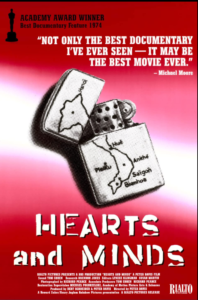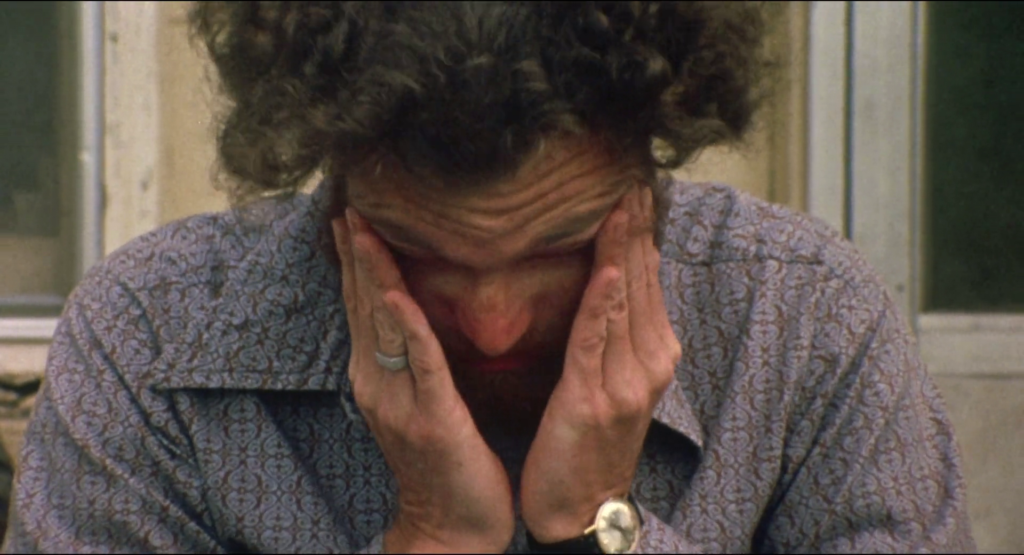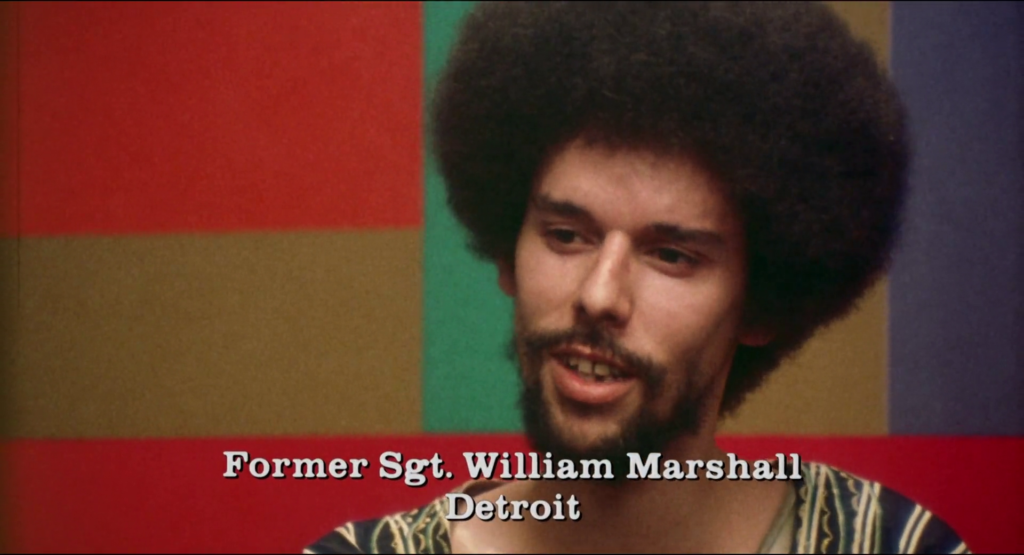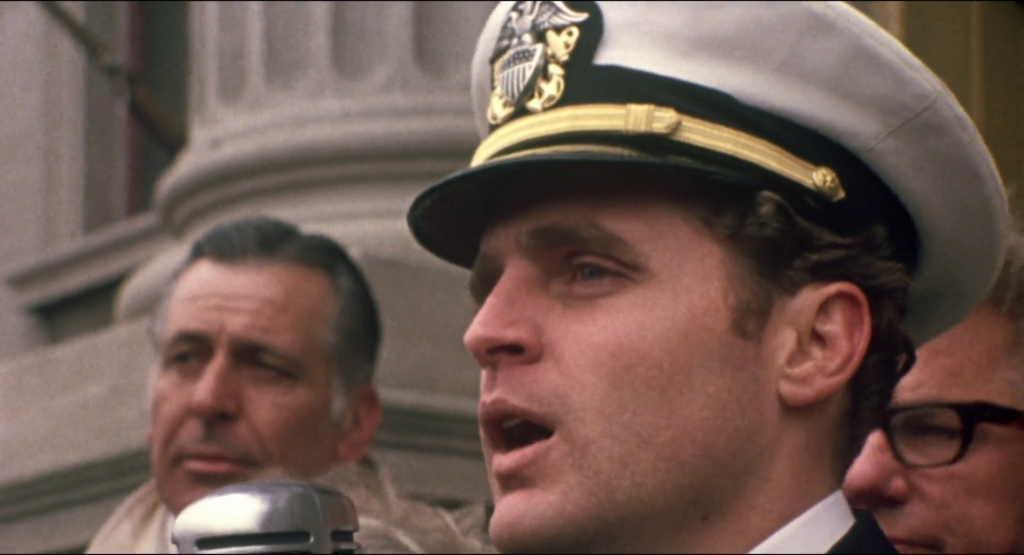Hearts and Minds (1974)
“We weren’t on the wrong side; we were the wrong side.”
|
Synopsis: |
|
Genres, Themes, Actors, and Directors:
Response to Peary’s Review: Having just finished watching Ken Burns and Lynn Novick’s powerful 18-hour docu-series entitled The Vietnam War (2017), I recognized many of the themes presented in Hearts and Minds — though I appreciated seeing them from a much fresher and rawer perspective, before the war itself had come to an end. Indeed, this film was considered “too hot to handle” by financing Columbia Studios, and had to be bought back by producer Bert Schneider in order to be screened. As Peary points out, it’s filled with “much unforgettable footage, properly manipulative editing (such as Vietnamese grieving over their dead, followed by a scene in which [General] Westmoreland says how the Vietnamese don’t care about death the way we do”). Westmoreland’s quote is the most memorably egregious, but others include:
Peary argues that the film makes a strong case for “how deeply rooted are our racism, anti-communism, [and] need to battle an enemy”, and that it’s “not surprising that our solders acted as they did when sent to Vietnam.” Burns and Novick’s mini-series — which all film fanatics (and Americans) should be sure to check out — adds invaluable insight into the soldiers’ perspectives many years later, as they reflect even more deeply on how and why they were able to commit the atrocities they did. Given that Hearts and Minds was made the year before the war finally ended, there were many more years of healing and understanding to come — but as Peary writes, while “today the picture may seem tame… it was as powerful an anti-Vietnam film as had been made until then”, and is certainly must-see viewing. Redeeming Qualities and Moments: Must See? Categories
Links: |




One thought on “Hearts and Minds (1974)”
First viewing. In total agreement; a must-see.
As I posted in ‘Film Junkie’ on facebook:
“In a country where people don’t hold national sovereignty – in a country where the government has shown itself to be the enemy of the people – the prisoners are the patriots.” – Ngo Ba Thanh, political prisoner (who, in a sense, may as well be talking about America today – except that we’re not being bombed…although we *are* being gunned-down)
‘Hearts and Minds’ [on FilmStruck]: It never gets easier watching documentaries about war of any kind. This one (which won the Oscar) is, in its own way, just as hard-hitting as ‘In the Year of the Pig’ (which I watched earlier today) but its content is also sharper; there is practically no doubt as to what it has to say. And what it has to say is still relevant – esp. when it comes to not war but policymakers. From decade to decade, and war to war, those people-in-charge never seem to change much – they still operate from a place that sees ordinary people as expendable. Vietnam was just an extreme example. Still, it’s disturbing in this film to hear activist/military analyst Daniel Ellsberg describe the various ways that the White House administrations – from the time of Truman – lied to the American people about the reality of Vietnam. It’s also troubling to hear this kind of soldier interviewed:
Soldier: Some people enjoy it, some don’t. Some just go out and do it as a job. The daily grind.
Interviewer: What is it for you?
Soldier: I love it.
As one Vietnam native here says, “We fought against the Chinese for 12 centuries. We fought against the French for 100 years.” To put it mildly, that’s a fucking HELL of a lot of time to hope to live a free life.